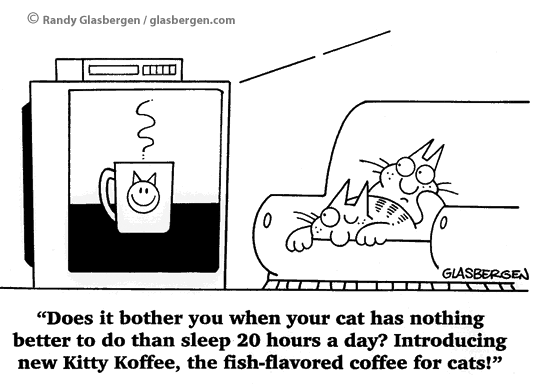Insomnia caused by the use of drugs or other psychotropic substances.

What is insomnia and why do so many people feel the lack of sleep? What can be the reasons for insomnia? Can pills and other drugs increase insomnia in people with sleep disorders?
- This type of insomnia is known by many names, including:
- Sleep disorder caused by psychotropic substances;
- Alcohol-related sleep disorder;
- Sleep disorder caused by taking psychostimulants;
- Ricochet insomnia;
- Insomnia caused by food allergies.
- This type of insomnia can be directly related to the effects of one or more of the following substances:
- Medicines;
- Caffeine;
- Alcohol;
- Food products.

Who gets this sleep disorder?
- This type of insomnia is observed in about 2 people out of 1000. Among patients who applied to a sleep center for insomnia, 3.5% of patients suffer from this sleep disorder.
- Insomnia caused by taking psychostimulants is more common in young people;
- Insomnia caused by sedation or alcohol is more common in middle-aged and elderly people;
- Insomnia caused by food allergies often begins in infancy;
- Other types of insomnia caused by exposure to psychotropic (chemical) substances can begin at any age.
How do I know if I am suffering from sleep disorder?
- Do you have trouble falling asleep or sleeping during the night, are you waking up too early in the morning, and not feeling rested after a night's sleep?
- Does this problem arise even when you have the opportunity and time to sleep as you want?
-
- Do you notice that you have at least one of these problems:
- Lack of energy;
- Lack of motivation to do something;
- Problems with attention, memory or ability to concentrate;
- Poor performance at work or school;
- Excessive mood swings;
- Daytime sleepiness;
- Frequent mistakes when doing normal work or when driving a car;
- Tension, headaches or abdominal pain;
- Frustration or anxiety about your sleep.
If you answered “YES” to these questions, then you are probably suffering from insomnia.

- The answers to the questions below will help you determine if you are suffering from insomnia caused by taking narcotic or psychotropic substances.
- Have you had insomnia for at least one month?
- Have you used for medical purposes or have you misused narcotic or other psychotropic substances for a sufficiently long period of time? If “no,” then have you been exposed to the effects of drugs, allergy-causing foods, or toxins for an extended period of time? Does this drug affect sleep while taking it or after stopping it?
- Do you experience sleep problems while using a drug, abusing or discontinuing a substance, or being exposed to adverse environmental chemicals?
If you answered “Yes” to these questions, then you probably suffer from insomnia caused by the effects of narcotic or other psychotropic substances.
- In addition, it is important to determine if there are any other reasons that could cause sleep problems. Sleep disturbances can result from any of the following reasons, such as:
- Another sleep disorder;
- Disease of internal organs and nervous system;
- Mental disorder.
The first step is to discuss the problem with your family doctor. You should see your doctor if your insomnia lasts more than one month. If, after consulting a general practitioner, there is no significant improvement in sleep, you should see a sleep therapist.
You should reduce the effects of adverse environmental factors on the body. IMPORTANT: When starting or stopping a drug, you should always keep in touch with your healthcare provider.



